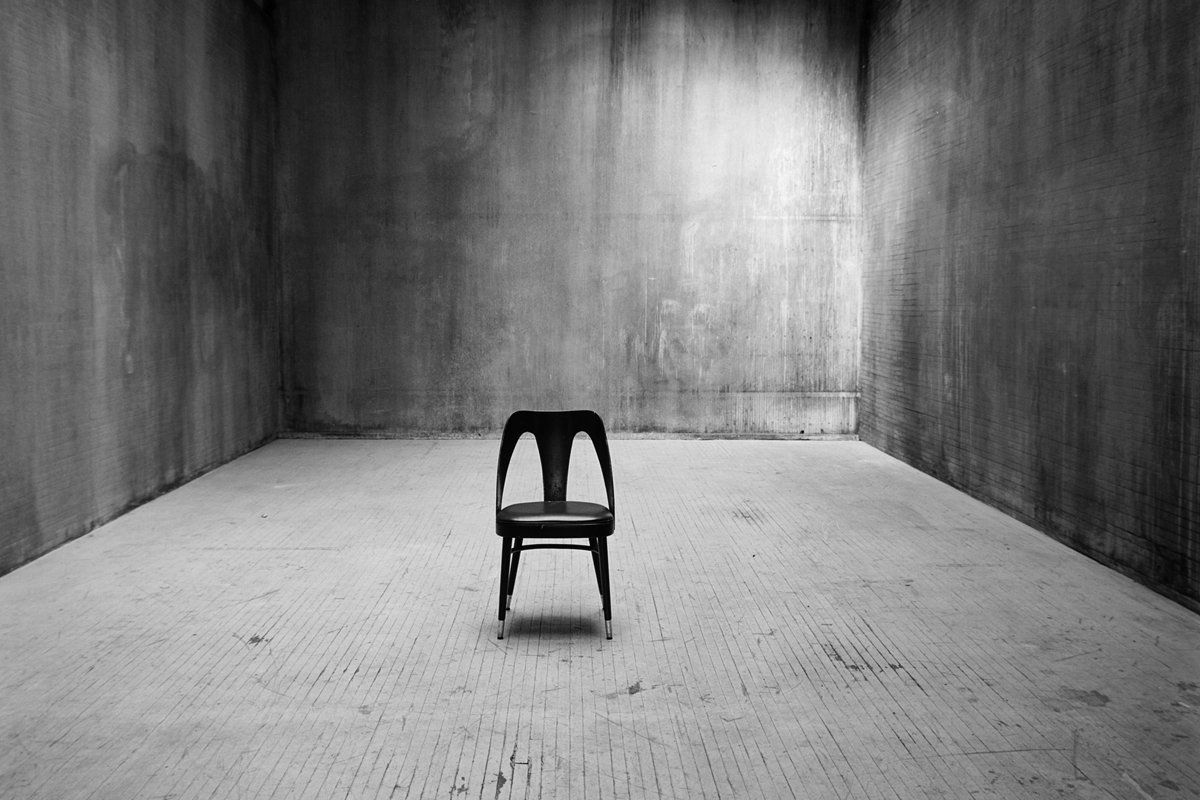
Memórias de uma Guerra Suja (Memories of a Dirty War) is not the sort of book you curl up in bed with. "My method was always the same. Two bullets straight to the victim's chest," explains Cláudio Guerra, recalling his days as a henchman for the Brazilian military dictatorship. Chilly and confessional, it's also hard to put down. "Most of the time, I never even knew the reason for the mission, nor even the victim's name."
Guerra's story, released last week by Topbooks, is rolled out in 200 pages of spare Portuguese, with another 83 pages of footnotes, as told to veteran journalists Marcelo Netto and Rogério Medeiros. With its jumpy storyline and cumbersome annotations, which cover nearly two decades of crimes and conspiracies in the 1970s and '80s, the tale is sometimes hard to follow. But the jolting revelations told in unadorned prose ("I helped throw bodies off the cliff ... ") make this book a hauntingly compelling read.
From the 1985 Oscar-winning Argentine film The Official Story, about the children of the disappeared, to Chile's new Memory Museum, Latin Americans have been busy exorcizing the demons of their darkest hours. But Memories of a Dirty War adds to the genre with what may be the most candid confessional yet from inside the killing machine.
Brazil's military dictatorship (1964–1981) was one of the longest stretches of authoritarian rule in the hemisphere. It also has gone down in history books, fairly or not, as one the least horrific, stopping short of the wholesale carnage that was the Latin norm. Some 3,000 people were killed under the 17-year rule of Chile's Gen. Augusto Pinochet. Ten times that many fell to juntas in Argentina in the '70s. In Brazil the dead and disappeared under the military numbered a few hundred. And yet, thanks to a blanket amnesty in 1979, which essentially pardoned crimes committed under the dictators (including Guerra's), much of what happened in Brazil has never come to light, and this is where Memories comes into play.
In the long arc of his violent career, Guerra went from soldier to police inspector to elite member of Brazil's "intelligence community," a euphemism for the band of military and civilian operatives tasked with ridding the country of leftist radicals and guerrillas. Some of Guerra's fellow dirty warriors killed for profit, pocketing "donations" from business executives anxious to halt the red tide. Others murdered and maimed for the sadistic pleasure of it. Guerra, a loyal functionary, claims he murdered for flag and country. "I was taught that communists were the boogeyman, and that we had to destroy them," he said in a brief phone interview. "It was kill or be killed."
For Guerra's devotion and talent with a gun, he quickly climbed to prestige, using his cover as a salaried intelligence officer to moonlight as a crack executioner. The cast he describes is straight from film noir. There were cocaine-sniffing cops and a shooting attaché case. Arms were supplied by a shadowy Cuban-American spook, said to work for the CIA. Murders were plotted in a bath house–cum–strip club owned by a military charity and run by a reactionary Portuguese restaurateur with a porn-starlet wife.
One of Guerra's missions was to dispose of evidence, throwing victims' bodies off of cliffs or incinerating the remains in the furnace of a sympathetic sugar baron. Guerra says he never tortured and once aborted a plot to blow up a plane with a leftist aboard but also scores of children. But when it came to eliminating radicals or even democrats, he was unsentimental. Coauthor Netto calculates that by a "conservative estimate" Guerra killed, or ordered killed, more than a hundred people.

So why confess to such barbarities? "Contrition," suggests Netto. "I believe he sincerely wants to come clean." Jailed for six years for running guns, Guerra says he found God behind bars and today is a preacher in the Assembly of God, a Pentecostal sect. "If I had the courage to do what I did, I have to be courageous enough to admit to them," he says.
And yet, for all the candor of Guerra's tale, there is little remorse in the telling. "I no longer am weighed down by the past," he revels in Memories. "Today, I am totally free." Whether the loved ones of his victims share that sentiment is another story, but he may soon find out. This week, President Dilma Rousseff is scheduled to install a long-awaited Truth Commission that will be probing crimes and human-rights violations committed during the military years. One of the star witnesses will be Cláudio Guerra.
Uncommon Knowledge
Newsweek is committed to challenging conventional wisdom and finding connections in the search for common ground.
Newsweek is committed to challenging conventional wisdom and finding connections in the search for common ground.
About the writer
To read how Newsweek uses AI as a newsroom tool, Click here.






